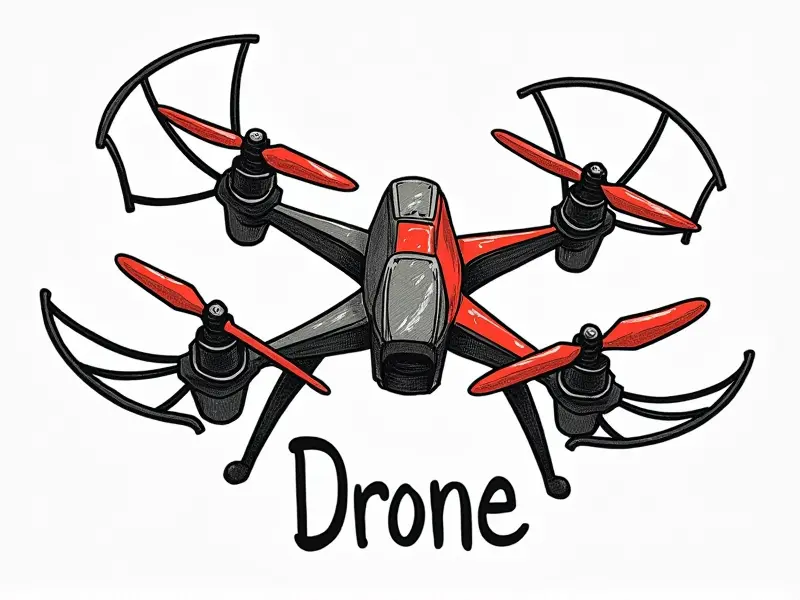Do RC planes need insurance?

Should You Insure Your RC Plane?
As an RC plane enthusiast, you might wonder if insuring your aircraft is necessary. While it may seem like an added expense, the benefits of having insurance can far outweigh the costs in case of unexpected incidents or accidents.
Do RC Planes Require Insurance?
The legality of requiring insurance for RC planes varies by location and type of use. In most cases, there is no legal mandate to have insurance, but it's highly recommended due to potential risks involved with flying these aircraft.
Benefits of RC Plane Insurance Coverage
- Financial Protection: Insurance can cover the cost of repairs or replacement if your plane is damaged during a flight.
- Liability Protection: In case you accidentally cause damage to property or injure someone, insurance can protect you from legal and financial repercussions.
- Piece of Mind: Knowing that you have coverage in place can reduce stress and allow you to focus on enjoying your hobby without worrying about potential losses.
Protecting RC Planes with Insurance
To ensure comprehensive protection for your RC plane, it's important to choose an insurance policy that covers both physical damage and liability. Look for policies that offer customizable coverage options tailored to the specific needs of RC flyers.
Legal Requirements for RC Plane Insurance
In many regions, there are no strict legal requirements mandating RC plane insurance. However, some local regulations may recommend or require certain types of insurance depending on where you fly and how you use your aircraft.
Local Regulations
- Airspace Restrictions: Check with the Federal Aviation Administration (FAA) or equivalent regulatory body for airspace restrictions in your area.
- Public Liability: Some locations may require public liability insurance if you fly near populated areas or over private property.
RC Plane Accidents and Insurance
The likelihood of an accident occurring during RC plane flights is relatively low, but the potential consequences can be significant. Insurance provides financial protection against unexpected incidents such as crashes, collisions with other aircraft, or damage caused by weather conditions.
Common Causes of Accidents
- Pilot Error: Misjudging wind conditions, losing control due to radio interference, or flying too close to obstacles are common causes of RC plane accidents.
- Mechanical Failure: Malfunctions in the aircraft's engine, servos, or other components can lead to unexpected crashes.
Must-Have Insurance for RC Flyers
The minimum coverage you should consider includes:
- Property Damage: This covers repairs or replacement of your aircraft in case of damage.
- Third-Party Liability: Provides protection against claims made by others for property damage or personal injury caused by your RC plane.
RC Plane Safety: Insurance Considerations
Safety should always be a top priority when flying RC planes. In addition to having insurance, practicing safe flying techniques and maintaining your aircraft regularly can help prevent accidents and reduce the likelihood of claims.
Safe Flying Practices
- Pre-Flight Checks: Inspect your plane before each flight for any signs of wear or damage.
- Awareness of Environment: Be mindful of the surroundings and avoid flying near buildings, power lines, or other hazards.
Insurance Options for RC Flyers
Several insurance providers offer specialized policies designed specifically for RC plane enthusiasts. When choosing a policy, consider factors such as coverage limits, deductibles, and any additional benefits that may be available.
Premiums and Deductibles
- Deductible: The amount you must pay out-of-pocket before the insurance company covers costs.
- Coverage Limits: The maximum amount your policy will pay for a claim.
RC Plane Insurance: Worth It?
In conclusion, while RC plane insurance may seem like an unnecessary expense, it can provide significant peace of mind and financial protection. Weigh the potential risks against the cost of coverage to determine if investing in insurance is worthwhile for you.
Final Thoughts
- Risk Assessment: Evaluate your level of risk based on where and how often you fly.
- Budget Considerations: Factor in the cost of potential repairs or legal fees against the price of insurance premiums.
Protecting Your RC Plane with Insurance
To safeguard your investment and ensure continued enjoyment of your hobby, consider purchasing a comprehensive insurance policy tailored to the needs of RC plane enthusiasts. By doing so, you can protect yourself from unexpected financial burdens and enjoy peace of mind knowing that you are covered.

